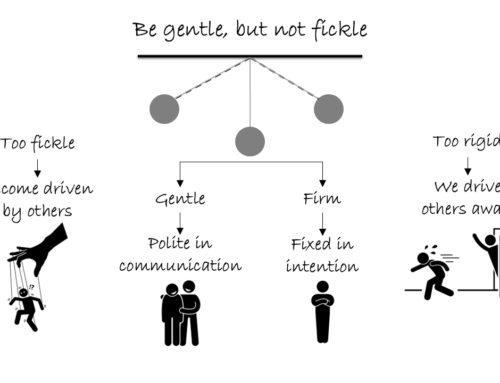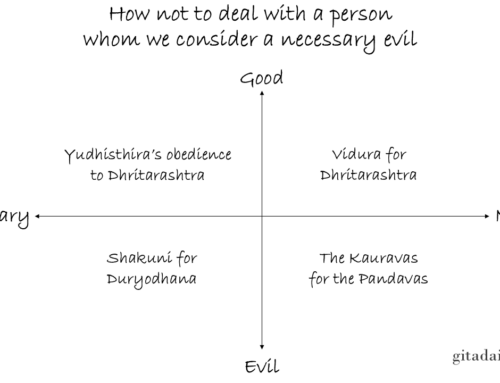Greedy people often do things for the sake of money that most decent people hesitate to do. Greed can lead people to become not just murderous but even brazenly and proudly murderous, celebrating and trumpeting their actions as trophies of cleverness, boasting of their fabulous wealth attained by not just outsmarting their rivals but totally exterminating them.
Why do people go to such extremes in the pursuit of money? While we all understand how important money is—at a basic level for just surviving and at a further level for living comfortably and even luxuriously—is money worth killing others?
Thugs in dark alleys in crime-ridden cities may even kill a passerby to get the $20 in their wallet. Money is, after all, just a piece of paper with very little intrinsic value. Yet, money infatuates and even intoxicates people, driving them to insane levels of behavior. They believe money is a means to something they consider supremely or non-negotiably desirable.
Those who have degenerated into criminality may not even think about how they are hurting others in their pursuit of the next round of drugs. Some people might be intoxicated not by drugs, but by prestige, and in seeking such prestige, may not care what they do to anyone who seems to come in their way. Indeed, they may not even be aware of what they are actually doing.
The more one thing becomes important in our consciousness, the more other things become unimportant. The more money becomes prominent—and the more whatever we seek to get through money becomes prominent—the less important everything else becomes, including even other people’s pain and basic humanity. We may dehumanize and brutalize others. This psychological pathway aligns with the Gita’s description of demoniac people who celebrate such dehumanization and brutalization in their pursuit of money.
While it’s easy to dismiss such people as monsters and treat them as wholly different from us, it’s more helpful to look not just at their behavior but at the psychological pathway that led them there. It’s far more beneficial to unflinchingly turn the flashlight inward to see whether we ourselves might be on a similar psychological pathway, even if we are currently light years away from the kind of behavioral depravity they exhibit.
The defining characteristic of this perverse psychological pathway is giving inordinate and disproportionate importance to one thing while neglecting other things or even rejecting the importance of good things. The Gita describes such behavior as characteristic of an intelligence driven by the dark mode of ignorance (18.22). By carefully considering whether we are neglecting or rejecting things that are important for our holistic development, we can ensure we don’t go too far down the perilous psychological pathway that ends in demoniac depravity.
Pertinently, the Bhagavad-Gita recommends moderation and balance in all activities, even in our pursuit of spiritual growth. It urges us to regulate various facets of life—such as eating, sleeping, work, and recreation—while seeking spiritual connection through yoga. This pathway, it declares, leads to freedom from distress (6.7) and the experience of wholesome happiness (18.37).
Summary:
- Those greedy for money can become not just murderous, but brazenly and proudly murderous, openly celebrating how they destroyed their opponents in their pursuit of wealth.
- People become so inhumanely obsessed with money because they let their infatuation with money—or whatever they hope to achieve through it—become so dominant in their consciousness that everything else, including the humanity of others, is treated as utterly unimportant.
- Rather than merely condemning the demoniac depravity of such people, we need to understand the psychological pathway that gets them there and ensure we don’t even unwittingly step onto that pathway by conscientiously cultivating balance in our life’s activities.
Think It Over:
- Why do people allow money to gain such an intense and destructive hold over them?
- How can we recognize if we’re beginning to prioritize something in a way that could lead us down a harmful psychological pathway?
- What practical steps can we take to maintain a healthy balance among the priorities in our life?
***
16.14 [The demoniac person thinks: ] “… He is my enemy, and I have killed him, and my other enemies will also be killed. I am the lord of everything. I am the enjoyer. I am perfect, powerful and happy…”





Leave A Comment